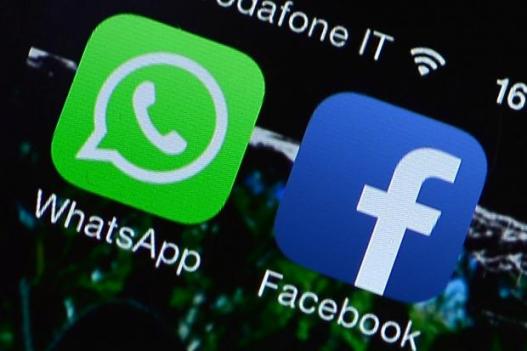Three years after Facebook bought WhatsApp; they finally start testing exclusive services for companies that will have to pay to send messages…..
WhatsApp already has a business plan to generate revenue for the first time. The application of chats, calls and video calls will charge companies so that they can send messages to users. The application, with over 1 billion active users per month in 180 countries, is one of the most popular in the world, but has never generated a single cent since it was launched in 2009.
According to documentation that has been accessed by Reuters, WhatsApp has reached an agreement with the startup accelerator Y Combinator so that the resident companies could prove in novelty a service that allows them to send messages related to their services through WhatsApp.
The service is in a very early stage of development, but its functioning is already outlined. Cowlar is a small company that is in the testing phase. They are dedicated to creating cow collars that collect useful information about the animal, showing its status to farmers so they can make better decisions about their livestock.
WhatsApp’s approach is very similar to the one initiated two years ago in Facebook Messenger. The message platform allows some companies to create bots that converse with users, responding with purchase information or information about the services they offer.
Other examples of using WhatsApp for business could be banks that report on their account movements, airlines that provide direct flight status information or carriers that report any changes to package deliveries.
The last major move of WhatsApp was the new states, another copy of Snapchat from a Facebook application. Previously the same function was integrated in Instagram, where the popular application of photos and videos already inserts advertising between state and state. This could be another way for WhatsApp to generate revenue and maintain service for more than 1 billion people.
